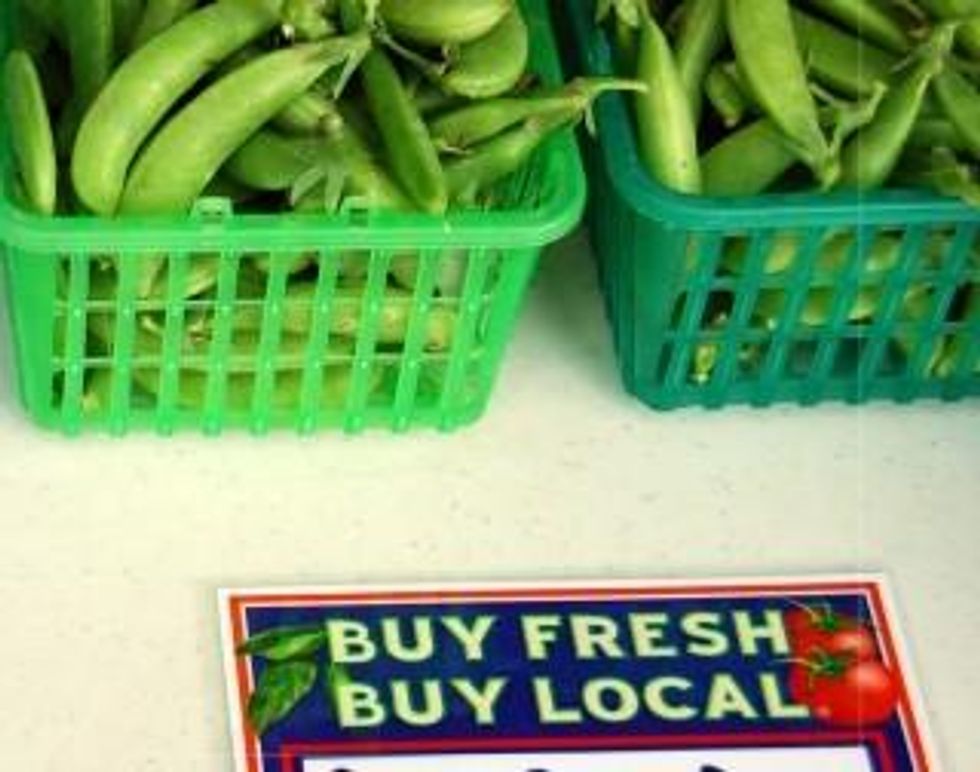Hundreds of Thousands March in Berlin Against TTIP Trade Deal
TTIP, activists fear, would erode labor and environmental standards.
Hundreds of thousands of people rallied on Saturday afternoon in the German capital against the massive Transatlantic Trade and Investment Partnership (TTIP) accord being negotiated by the European Union and the United States. Critics say the trade deal will benefit large corporations at the expense of average Europeans.
Trade unions, environmental groups, NGOs, and anti-globalization groups organized the massive rally from the main railway station in central Berlin to the national parliament. Over 250,000 people turned out for the event—many more than the 50,000 to 100,000 expected, but Berlin police claimed the number was closer to their initial expectation of 100,000.
Many trains and more than 600 buses had been chartered to bring protesters to Berlin, who marched carrying signs that read "Stop TTIP" and "TTIP signals climactic shipwreck."
Marchers banged drums, blew whistles, and held up posters reading "Stop TTIP," "TTIP signals climactic shipwreck," and "Yes, we can—Stop TTIP." A group of protesters dragged a giant wooden Trojan horse—a reference to the Trojan horse of Greek legend—to demonstrate how the trade deal is being sneaked into law by corporate lobbyists and EU officials through subterfuge.
"Never before have we seen so many people take to the streets for this issue," the German Trade Union Confederation DGB, which helped organize the protest, said on Saturday.
"We are here because we do not want to leave the future to markets, but on the contrary, to save democracy," said Michael Mueller, president of the ecological organization German Friends of Nature.
Over three million people signed an online petition calling for the European Commission to abandon the deal.
Nick Dearden, director of Global Justice Now, said the petition showed that the EU did not have a public mandate for the agreement: "Everything that we know about this secretive trade deal shows that it is very little about trade and very much about enshrining a massive corporate power-grab."

